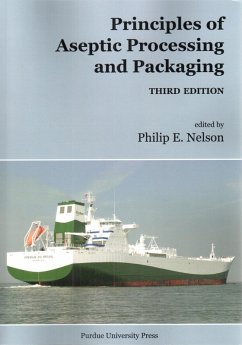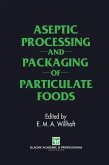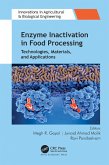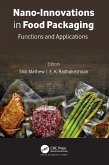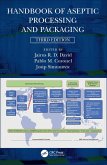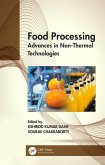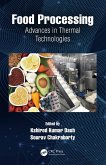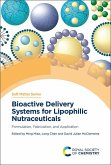In aseptic processing, food is stored at ambient temperatures in sterilized containers free of spoilage organisms and pathogens. The results of this food technology come in all shapes and sizes, from the consumer packages of milk on the shelves of the supermarket to the huge containers full of orange juice transported around the world by cargo ships. Over the last couple of decades, aseptic bulk storage and distribution has revolutionized the global food trade. For example, more than 90 percent of the approximately 24 million tons of fresh tomatoes harvested globally each year are aseptically processed and packaged for year-round remanufacture into various food products. The technology has also been applied to bring potable water and emergency food aid to survivors of the 2004 tsunami in Southeast Asia and the victims of Hurricane Katrina in 2005, as well as to other crisis situations worldwide. The construction of new aseptic facilities continues around the world, and an up-to-date understanding of the technology is essential for a new generation of food scientists and engineers alike. The contributors to this important textbook discuss all aspects of aseptic processing and packaging, focusing on the areas that most influence the success or failure of the process. Fully updated, this new edition covers all areas of chemistry, microbiology, engineering, packaging, and regulations as they relate to aseptic processing.
Dieser Download kann aus rechtlichen Gründen nur mit Rechnungsadresse in A, D ausgeliefert werden.

